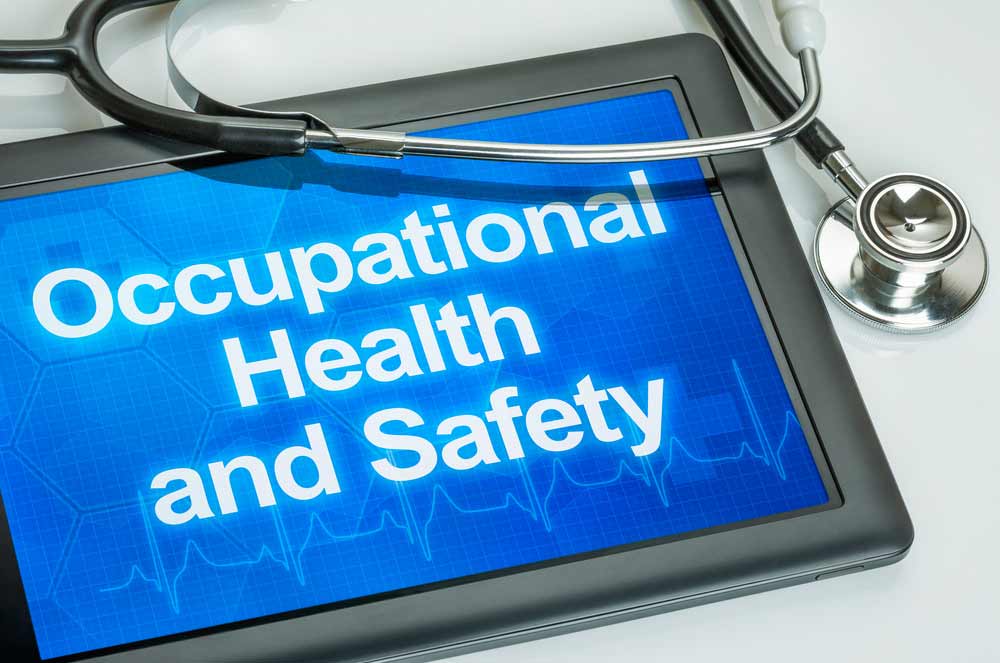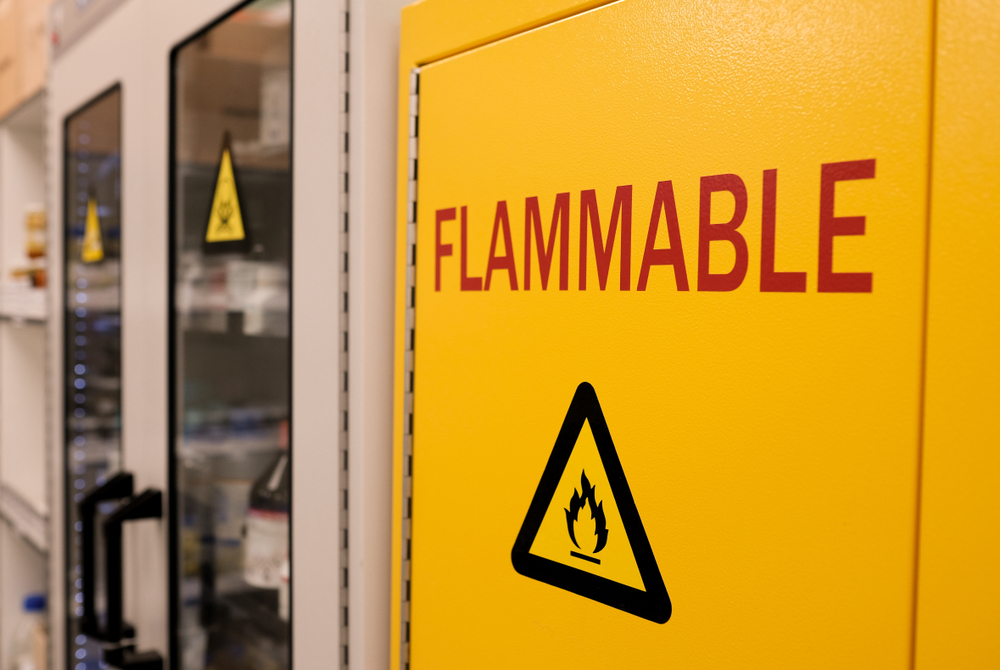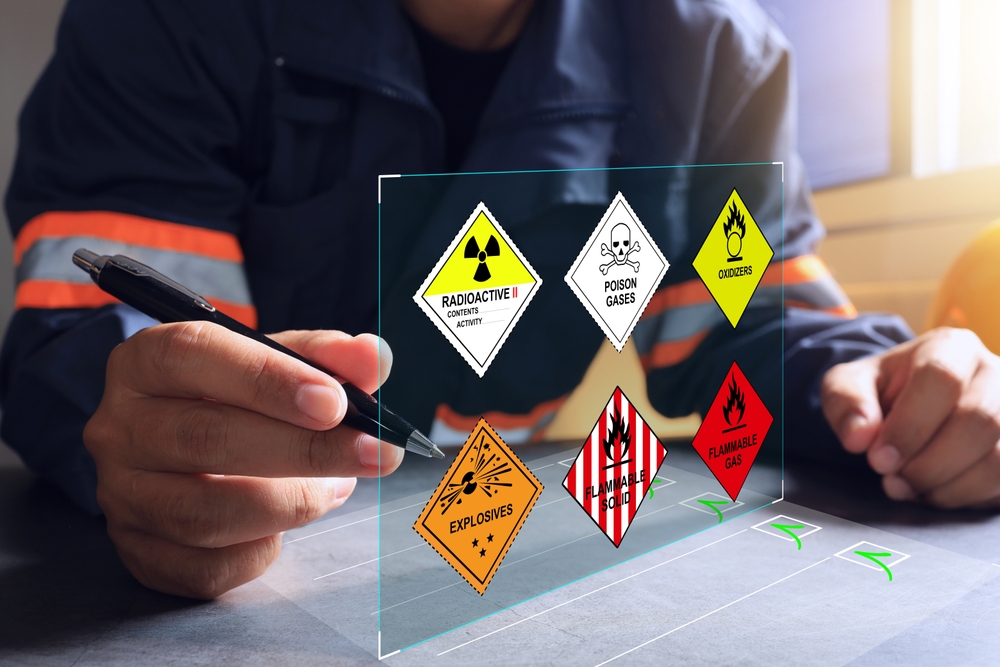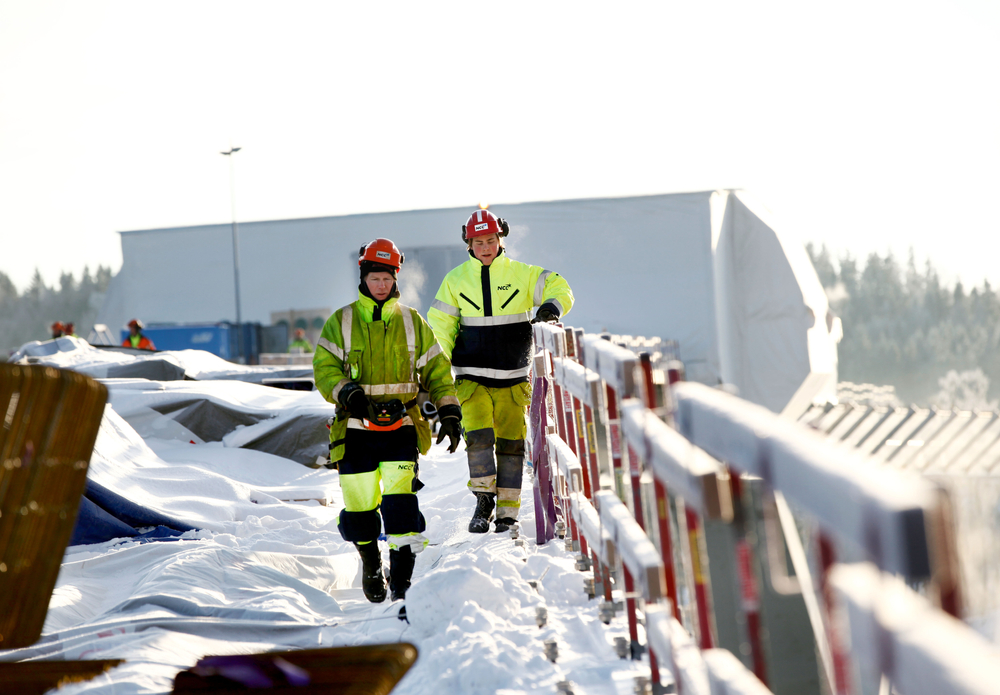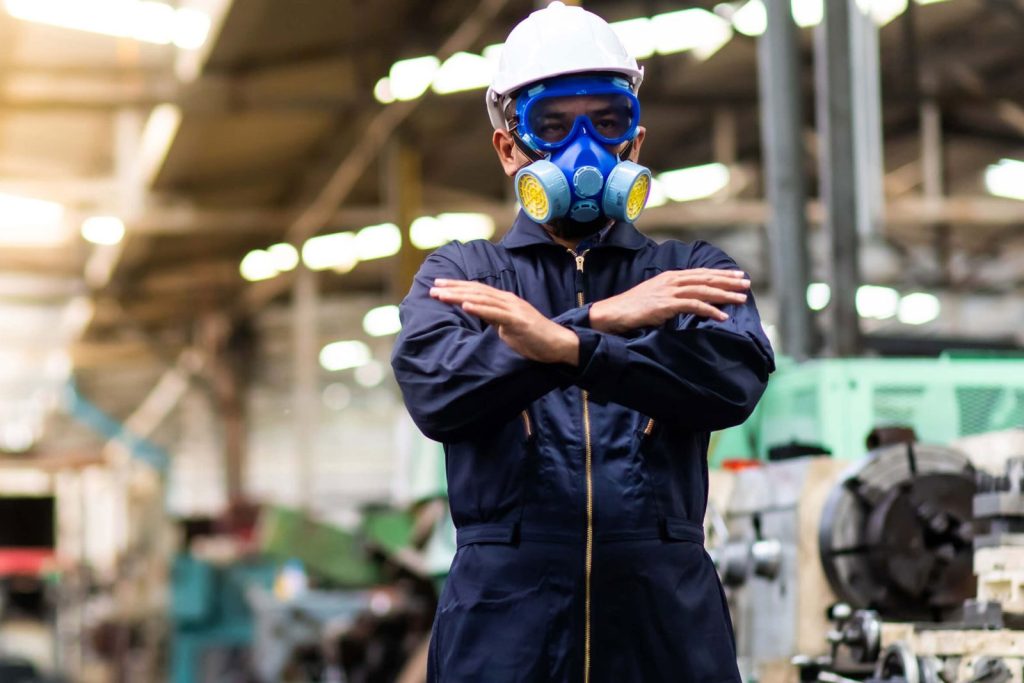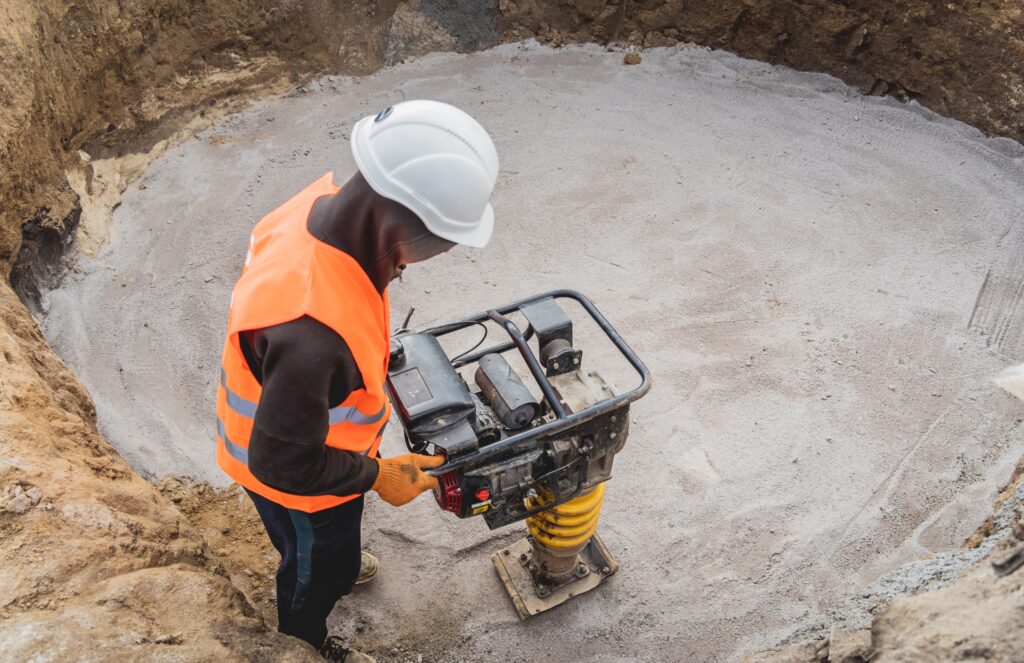In a recent guide issued by the World Health Organisation (WHO), and the International Labour Organisation (ILO), the Coronavirus pandemic has taken a huge toll on an already stretched and overworked health service. And with many healthcare workers suffering from musculoskeletal problems, injuries and workplace violence, occupational health and safety has never been more important.
Even before the coronavirus pandemic, the healthcare sector was known to be one of the most hazardous sectors to work in. This can largely be attributed to the lack of adequate workforce health and safety programmes within healthcare environments, and the difficult processes that third parties have to endure in order to attempt to service them.
The importance of occupational health and safety
During the coronavirus pandemic, health care workers experienced some of the worst neglect of their health and safety. According to the report, only 1 in 3 healthcare premises had sanitisation stations at the point of care, and fewer than 1 in 6 countries had national policies on healthy and safe working environments in healthcare settings.
The report goes on to state that Covid-19 pandemic ‘exposed the systematic lack of safeguards for the health, safety and well being of healthcare workers’. With around 120,000 healthcare workers dying from covid-19, as well as many more suffering from sickness and absence due to the sheer exhaustion of the demand on healthcare services. For this reason many workers with pre-exisiting healthcare conditions seem to have been left behind by the rising numbers of Covid-19 patients.
Recommendations
WHO and ILO recommend developing and implementing occupational health and safety for workers at all private and public sector healthcare facilities. These programmes should cover all aspects of occupational health and safety including occupational hazards that can cause both physical and mental health needs, as well as addressing COSHH.
This means that the UK health system really needs to step up and raise the bar to ensure workers are looked after adequately to ensure that they receive the right advice, support and guidance before injury or absence occurs.
According to the WHO guide, those healthcare establishments that are more active in ensuring that the right occupational health and safety programmes for their workers have already experienced a reduction in work-related injuries, disease and sickness absence as well as much needed improvements in the work environment, productivity and retention in staff.
Will Dooley, MD Safety first group comments “Whilst it is not great to see that so many healthcare workers have struggled since the coronavirus pandemic hit, It’s really refreshing to see that Occupational health and safety programmes are now getting the recognition that they deserve. Health and safety programmes should be at the core of every establishment to protect workers as well as the business, and its certainly our experience over the years that workforce compliance can become something that no one wants to deal with by themselves”.
Got questions? Contact us here.

